Tag: exchange rate
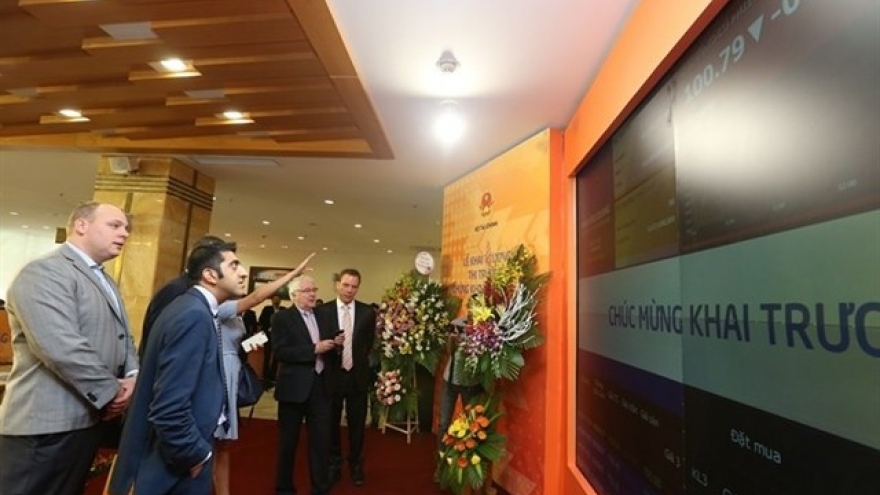
Foreign capital flow expected to reverse in 2026
After two years of record net selling, foreign capital flows in Vietnam’s stock market are expected to gradually reverse in 2026, supported by a more stable exchange rate, improving macroeconomic conditions, and growing expectations of a market upgrade.
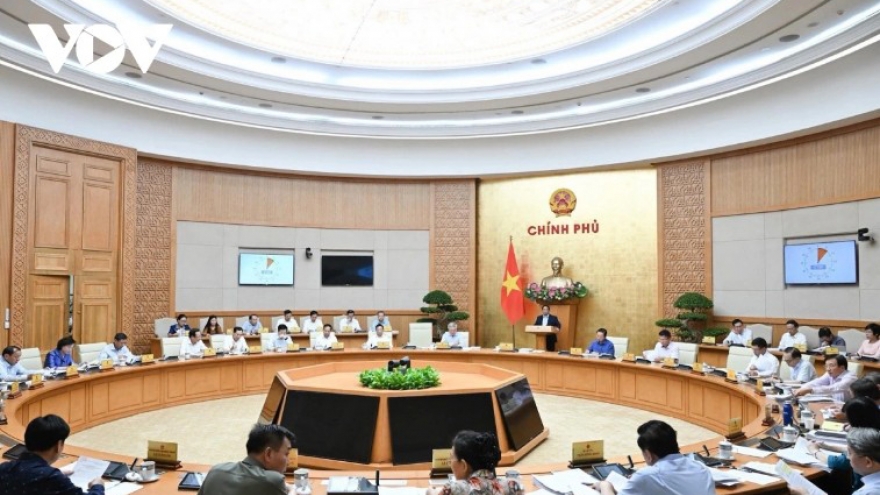
PM calls for stronger measures to stabilize gold prices, exchange rates, and cash flow
VOV.VN - Prime Minister Pham Minh Chinh has underlined the need to control gold prices, regulate exchange rates, and manage cash flow, emphasizing prompt and effective responses to ensure macroeconomic stability and sustainable growth.
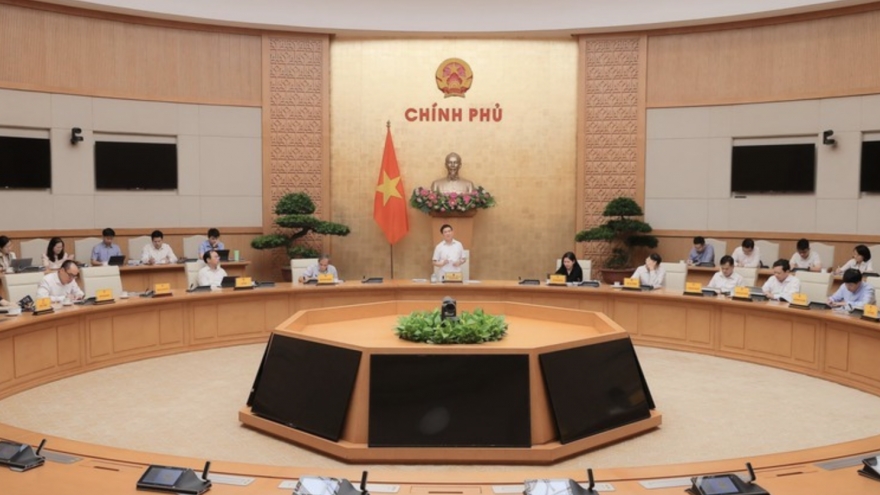
Deputy PM requires efforts to maintain exchange rate, boost economic growth
Deputy Prime Minister Ho Duc Phoc on August 1 emphasised the importance of effectively managing monetary policy, maintaining macroeconomic stability, curbing inflation, stabilising the exchange rate, and promoting economic growth.
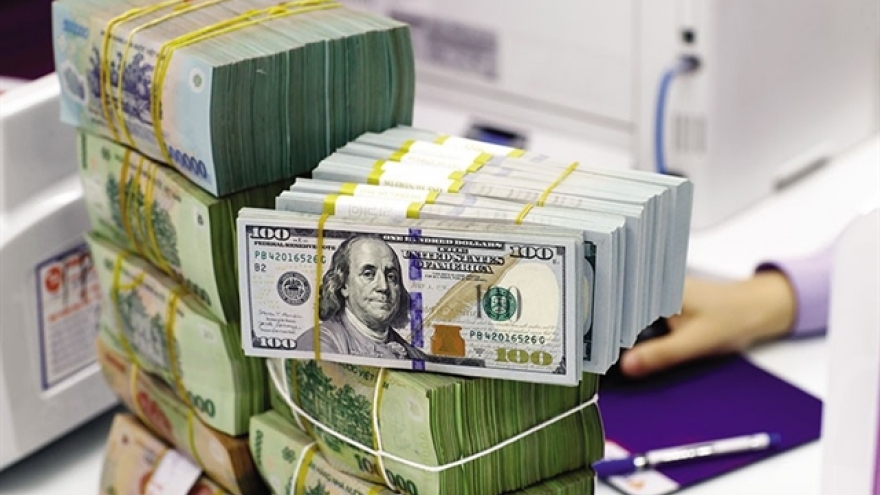
Foreign exchange rate to be affected by US reciprocal tariffs in short term
The reciprocal tariff rate announced by the US for Vietnam and other countries on August 1 will be a major factor affecting the USD/VND exchange rate in the short term, but the rate will likely cool down by the end of this year, experts forecast.

Inflation pressure in H2 driven by exchange rates and credit, expert warns
Despite the average inflation rate for 2025 being forecasted at around 3.4%, it is crucial to closely monitor inflationary pressures stemming from exchange rates and credit growth to draw up effective inflation control policies, said Nguyen Duc Do, deputy director of the Institute of Economics and Finance.
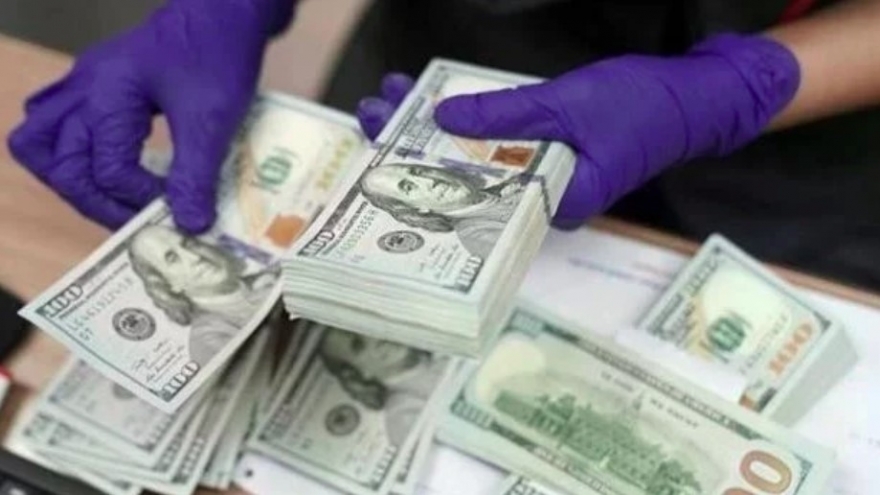
Dollar appreciates in domestic market due to surge in foreign debt repayment
The increase in the USD/VND exchange rate in Vietnam is in contrast to the continuous cooling of the greenback in the international market due to a surge in domestic dollar demands for foreign debt repayment.
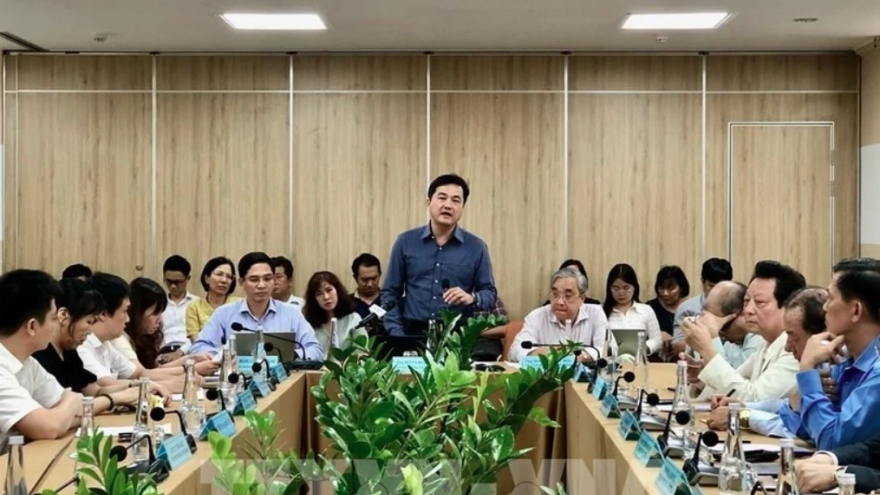
Measures needed to adapt to US tariffs: Experts
Economists underlined the need for Vietnamese Government and businesses to apply measures to adapt to the new tariff policy of the US to maintain growth during a meeting held by the Ho Chi Minh City Department of Industry and Trade on April 8.
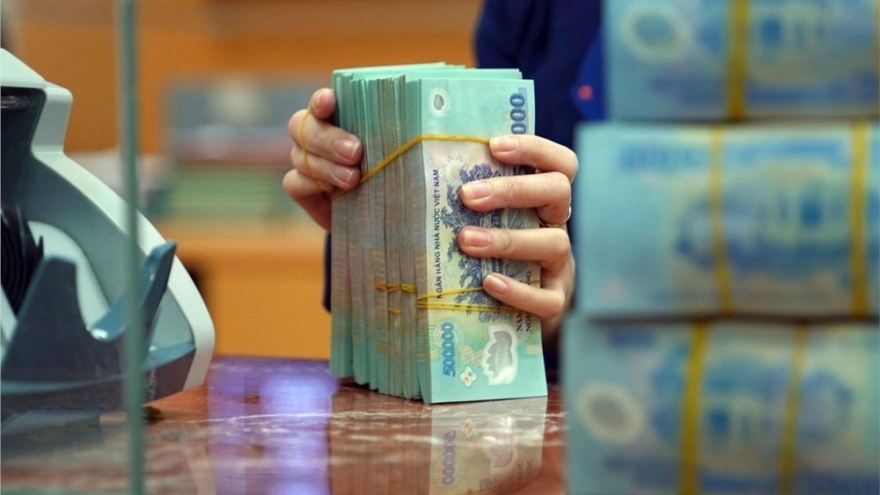
Central bank injects more than VND5 trillion into market
After many consecutive sessions of net withdrawal, the State Bank of Vietnam (SBV) last week net injected more than VND5.09 trillion (US$199.7 million) through the open market operation (OMO) and bill channels to support liquidity in the banking system.
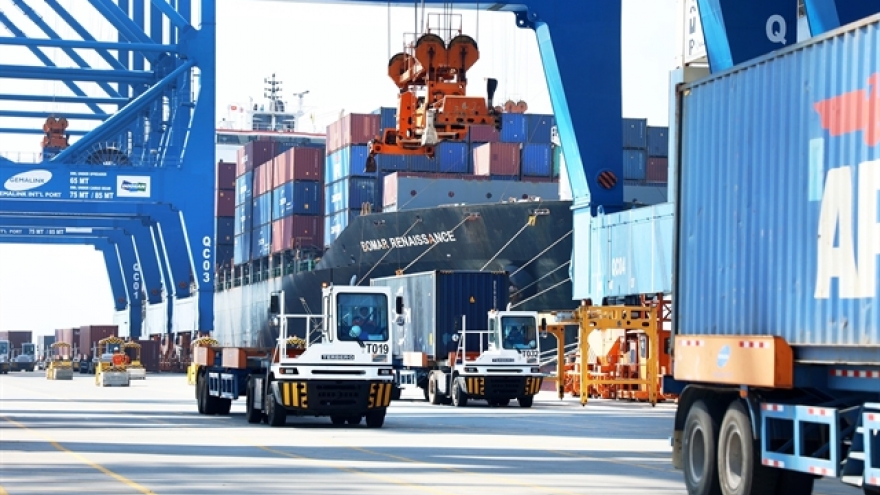
Exchange rate under pressure, businesses start hedging risk
The USD/VND exchange rate remains under pressure as ongoing trade tensions push the USD higher.
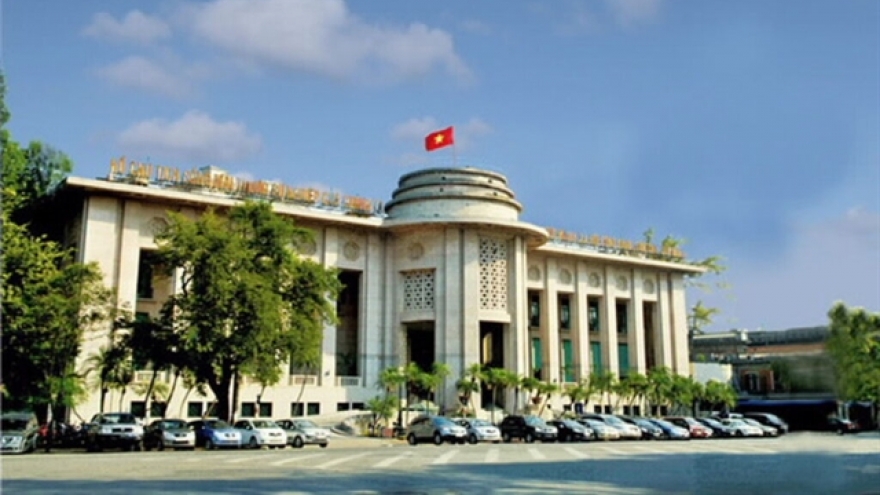
SBV injects over US$1.4 billion into market in first two days after Tet
The State Bank of Vietnam (SBV) continued its net liquidity injection in the first two trading sessions of the Year of the Snake on February 3 and 4, pumping over VND35 trillion (US$1.4 billion) into the market.
